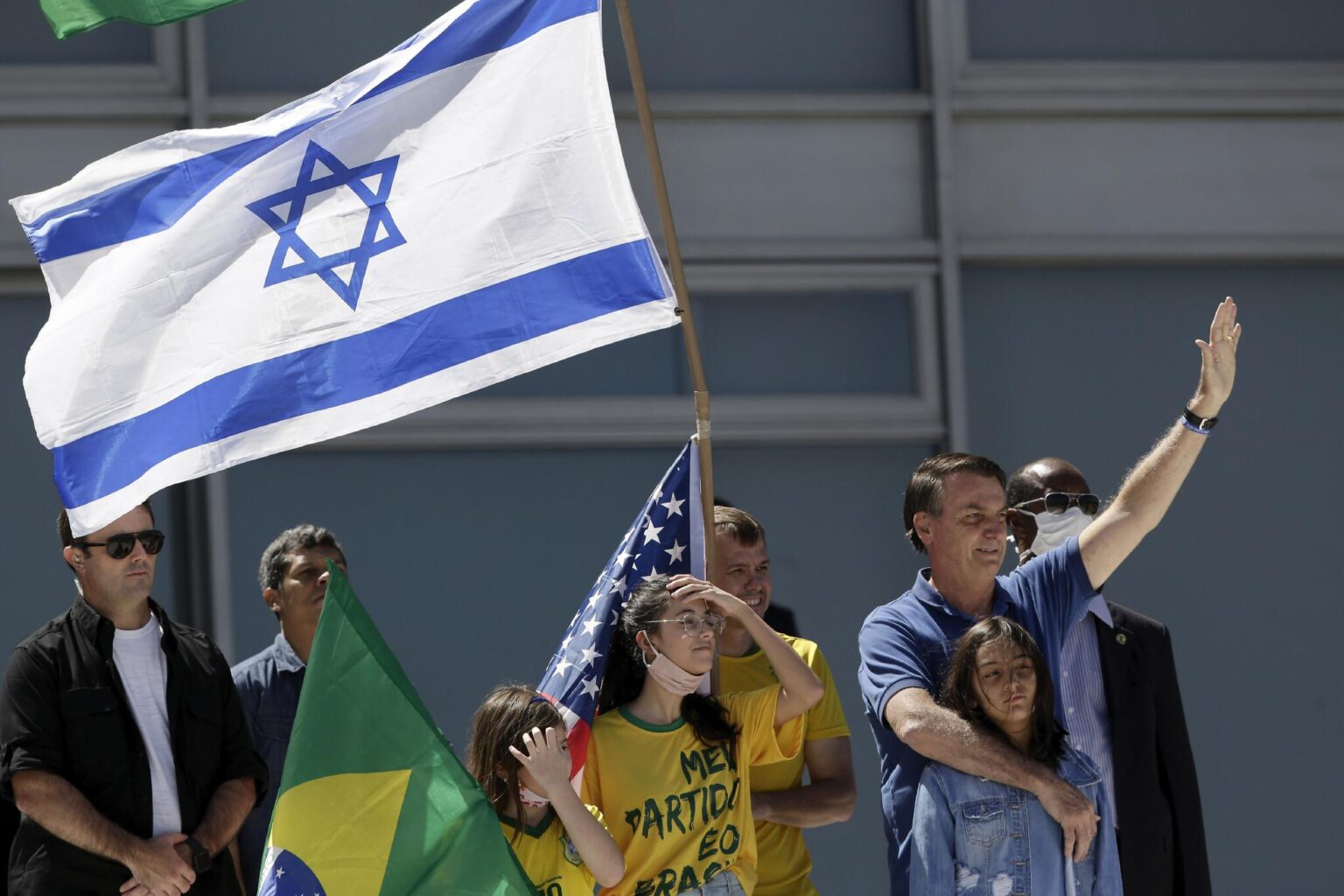Amidst the conflict in Gaza, Brazil’s plans to acquire Israeli howitzers have hit a roadblock. The once-promising deal has been cast into uncertainty, with diplomatic tensions between the two nations threatening to freeze the agreement. As Brazil grapples with the ethical implications of arming itself with weapons tied to the ongoing violence in the Middle East, the future of the deal hangs in the balance.
Brazils Decision to Freeze Deal for Israeli Howitzers
Reports confirm that Brazil has decided to put a freeze on a deal to purchase Israeli howitzers due to concerns over the violent conflict in Gaza. The decision comes amidst rising tensions and casualties in the region, prompting Brazil to reevaluate its relationship with Israel.
The move has sparked debate within Brazil, with some advocating for a complete cancellation of the deal while others argue for a reassessment of the terms. This decision reflects growing global concern over the situation in Gaza and underscores the importance of ethical considerations in international arms deals.
Concerns over Human Rights Violations in Gaza Conflict
Concerns over human rights violations in the Gaza conflict have led to Brazil’s decision to “freeze” a deal for Israeli howitzers. This move comes amidst growing international scrutiny over the use of military force in the region. The decision by Brazilian authorities highlights the importance of upholding human rights standards in conflict zones.
The frozen deal serves as a reminder of the ethical implications of arms sales to countries involved in conflicts. It also raises questions about the role of governments and international bodies in ensuring that weapons are not used in ways that violate humanitarian principles. As the Gaza conflict continues to unfold, the world watches closely to see how countries like Brazil navigate the delicate balance between security interests and human rights concerns.
Impact on Bilateral Relations Between Brazil and Israel
Amidst the ongoing conflict in Gaza, Brazil has decided to freeze a deal for Israeli howitzers, which has had a significant impact on the bilateral relations between the two countries. The decision comes as a response to the violence in Gaza, with Brazil expressing concerns over the humanitarian crisis and civilian casualties.
The freeze on the deal has led to tension between Brazil and Israel, with the Israeli government expressing disappointment over the decision. This move has raised questions about the future of trade and defense cooperation between the two countries, as well as potential diplomatic implications.
Potential Consequences and Recommendations for Moving Forward
Amidst the ongoing conflict in Gaza, Brazil’s deal for Israeli howitzers has been put on hold indefinitely. The Brazilian government has decided to freeze the agreement due to concerns over the escalating violence in the region. This decision comes as a response to mounting international pressure to reevaluate arms deals with Israel.
In light of these developments, it is crucial for both countries to consider the potential consequences of their actions and to find a way to move forward in a constructive manner. In order to maintain diplomatic relations and ensure peace in the region, it is recommended that Brazil and Israel engage in open dialogue and work towards finding a peaceful resolution to the conflict. Additionally, both parties should prioritize human rights and international law in all future negotiations to prevent similar contentious situations from arising in the future.
In Retrospect
Brazil’s decision to freeze the deal for Israeli howitzers highlights the complex politics and ethical dilemmas surrounding the conflict in Gaza. The implications of this move remain to be seen, as both countries navigate the tension between their economic interests and their commitments to human rights. As the situation continues to develop, it is clear that the world will be closely watching how Brazil and Israel handle this delicate situation. Thank you for reading.

